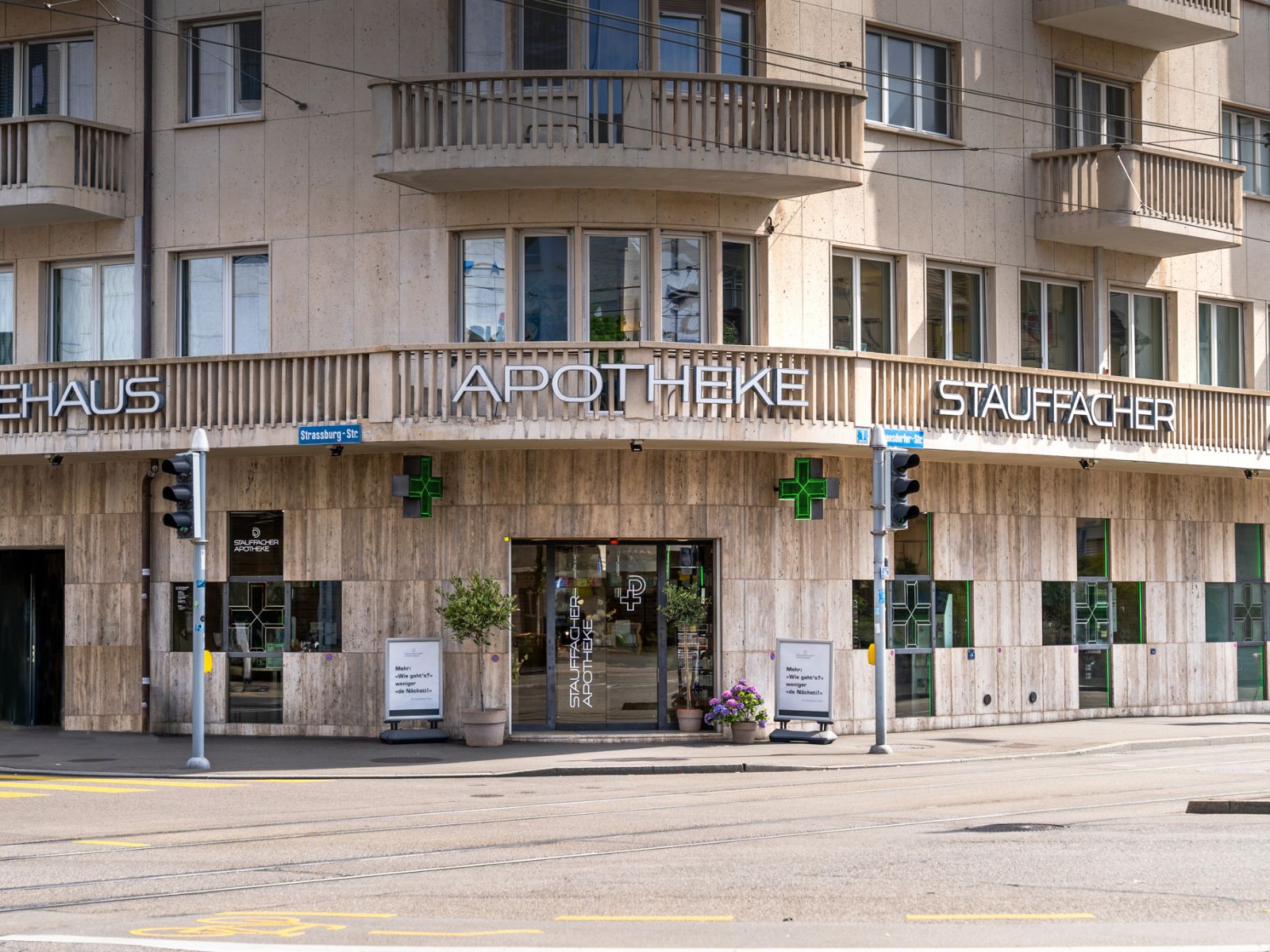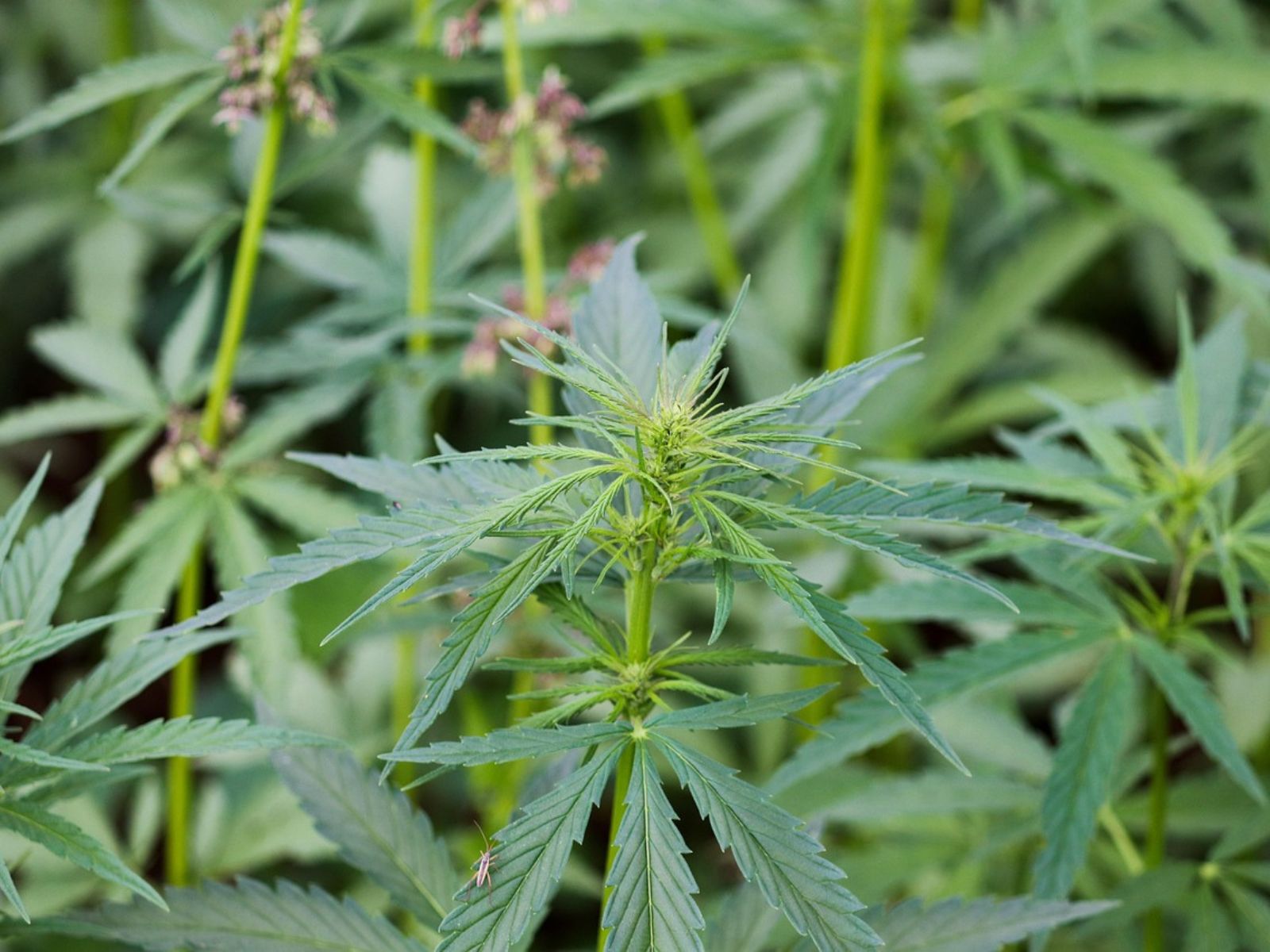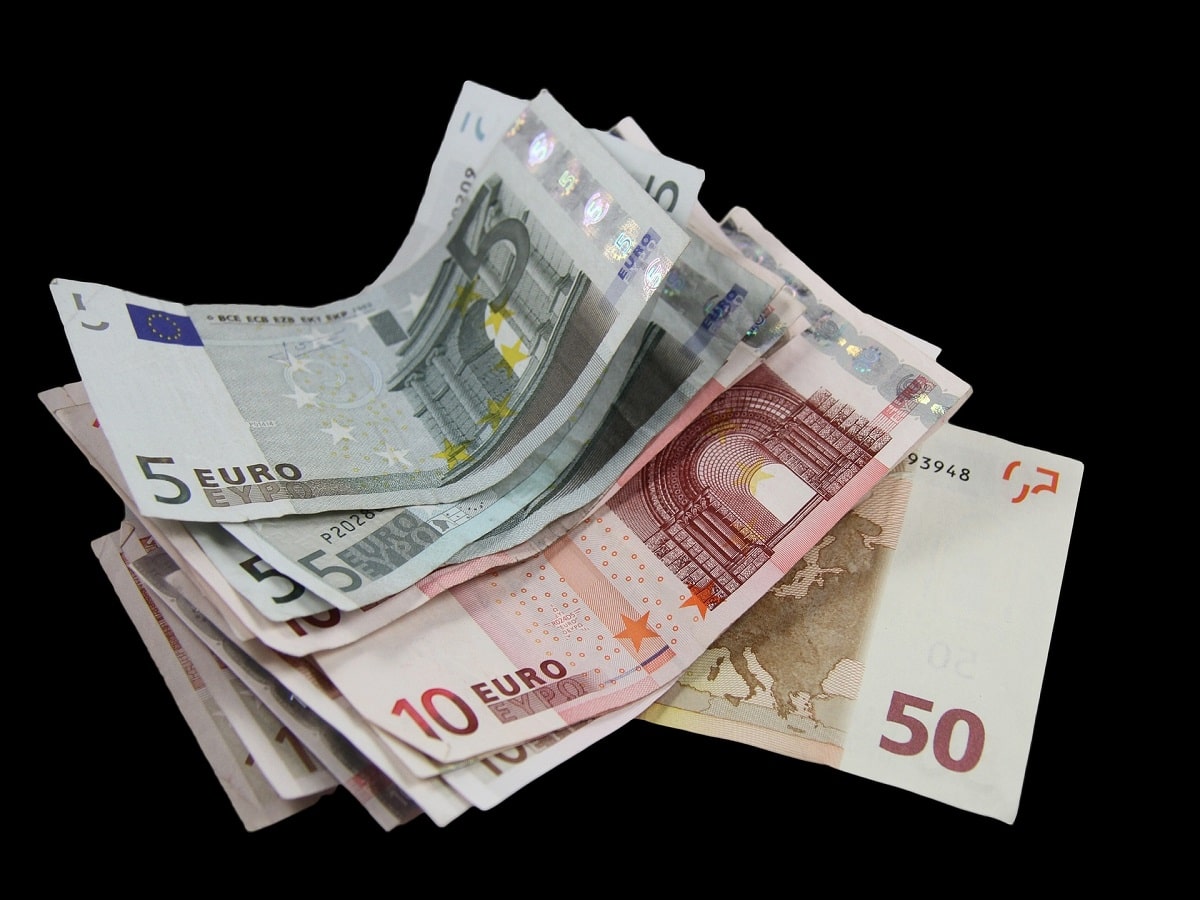
Switzerland: A Hotbed for Cannabis Law Reform

Switzerland: A Hotbed for Cannabis Law Reform
Switzerland has developed its own brand of cannabis reform over the last several years. Low THC cannabis is now sold in shops. Cannabis is now used by about 200,000 people.
The country has now proposed pilot programs to make it easier for people with chronic conditions like MS or cancer to access the drug and, much like Germany, obtain insurance reimbursement for the same. Only about 3,000 patients currently have the medical exemption necessary to obtain higher THC versions of the plant or drugs. This process is painful, time-consuming, and arduous for patients, as well as their caretakers.
By the summer of 2019, however, the Swiss Interior Ministry will publish a proposal to streamline the process and the Health Ministry will examine how to resolve insurance reimbursements.
Despite the flourishing of the CBD industry, current laws still forbid consumption of higher THC cannabis and seek to punish it. That said, the number of actual prosecutions is declining while consumption is not. This means that the underground market is flourishing, and the safety of consumers is still very much at risk.
The Swiss government, like many others around the world, is essentially throwing in the towel and bowing to reality.
Several Swiss cities and cantons (Swiss states) are now seeking to undertake studies to examine different models for regulation, with proposed changes in federal law to allow such studies to take place.
Why Is Switzerland Such An Interesting Cannabis Market?
The first reason that Switzerland is such an interesting market is that while it sits in the center of Europe, it is not part of the EU. This means that once the Swiss cannabis market gets going (see the CBD market), it will not be subject to the pace of reform mandated by EU member states. The sale of low potency cannabis has been legal in Switzerland since 2011 and has escalated over the last two years.
Switzerland has already benefited economically from limited cannabis sales, such as medical, CBD, and low potency products. Tax revenue from completely legalizing the market will obviously be a major boon to the government’s coffers that has certainly driven the discussion forward among policymakers. Swiss production is already up with Swiss companies, including pharmaceutical and wellness companies beginning to define the domestic market, but multiple companies in the established global industry are also establishing a presence in the country.
So while it is still uncertain when full-bore cannabis reform will actually come, it is clearly in the cards. Just like other countries in Europe and around the world now, the green revolution is gaining speed and will not be stopped.
The International Cannabis Business Conference in Zurich will be the best place to get the latest information on the Swiss cannabis industry and network with top investors and entrepreneurs when the ICBC makes its inaugural trek into Switzerland on May 15-16, 2019. Before Zurich, the ICBC will be heading to San Francisco (February 7-8), Barcelona (March 14), and Berlin (March 31st-April 2nd. After Zurich, the ICBC will be returning to Vancouver, Canada, on September 15-16. Discounted early-bird tickets are now on sale for all of the ICBC’s 2019 events!
Share article
Ticket Prices increase €200
On March 18th

Ticket Prices increase €200
On March 18th

Ticket Prices increase €200
On March 18th
Share article
Join Our Awesome Community
Join Our Awesome Community
Join Our Awesome
Community
Get all the latest industry news
delivered to your inbox







